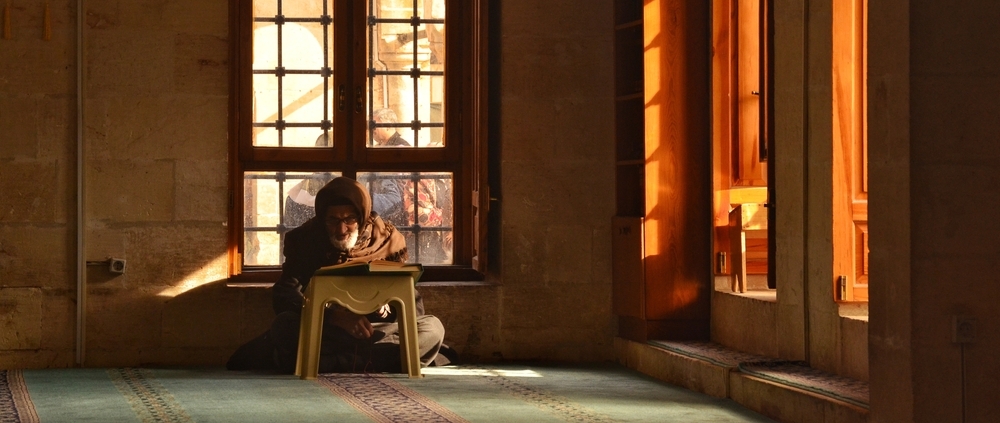Can Sins Cause a Reduction in One’s Lifespan?
Answered by Shaykh Yusuf Weltch
Question
I understand that death can strike anytime, but can sins shorten one’s life? I’m a teenager, and I’m scared that this is true.
Answer
In the Name of Allah, the Most Merciful and Compassionate.
From one vantage point, yes, sins can be a means of reducing one’s lifespan, just as good deeds can be a means of lengthening one’s lifespan.
The Messenger of Allah (may Allah bless him and give him peace) said, “Whoever loves that their provision be expanded and their lifespans extended, let them maintain their family ties.” [Muslim]
Imam al-Nawawi (Allah have mercy on him) said about this narration:
“The meaning of the words ‘and their lifespans extended’ has been interpreted by Islamic scholars in many ways. The most authentic of those responses is that the extension relates to blessings, facilitation to do acts of worship, and taking advantage of one’s time for the benefit of the Hereafter (…).
The second opinion regards what the Angels are privy to of the Sacred Tablet. The Tablet shows a person’s lifespan is 60 years, for example. Then due to their maintaining family ties, it is increased (on the Tablet) by another 40 years.
In any case, Allah Most High already knew their ultimate destiny was 100 years (thus the increase is in relation to the Angels’ knowledge, not that of Allah Most High.).” [Nawawi, Sharh Muslim]
The Sacred Tablet
In light of the above, the Sacred Tablet shows only what is currently written but does not show the changes Allah Most High knows will occur.
About this, Allah Most High says, “Allah erases and affirms what He wills, and with Him is the Master Record.” [Quran; 13:39]
Regarding what is written in the Sacred Tablet, changes can be made based on many factors, such as:
1) Good Deeds (extend one’s life)
2) Bad Deeds (shorten one’s life)
3) Supplication (can avert calamities)
Allah’s Ultimate Knowledge: The Real End
However, despite good deeds, bad deeds, and supplications, the ultimate knowledge of one’s appointed death is with Allah Most High. Allah Most High has knowledge of all our deeds and to what extent those deeds will benefit us or harm us in relation to our lifespans.
This ultimate knowledge is known as the unaltering decree (al-Qadha al-Mubram). It is also referred to in the Quran as “Umm al-Kitab” -The Master Record (i.e., decree) in the verse as mentioned above.
This ultimate knowledge is not always made known to the Angels.
Hope this helps
Allah knows best
[Shaykh] Yusuf Weltch
Checked and Approved by Shaykh Faraz Rabbani
Shaykh Yusuf Weltch teaches Arabic, Islamic law, and spirituality. After accepting Islam in 2008, he completed four years at the Darul Uloom seminary in New York, where he studied Arabic and the traditional sciences.
He then traveled to Tarim, Yemen, where he studied for three years in Dar al-Mustafa under some of the most outstanding scholars of our time, including Habib Umar Bin Hafiz, Habib Kadhim al-Saqqaf, and Shaykh Umar al-Khatib.
In Tarim, Shaykh Yusuf completed the memorization of the Quran and studied beliefs, legal methodology, hadith methodology, Quranic exegesis, Islamic history, and several texts on spirituality. He joined the SeekersGuidance faculty in the summer of 2019.
